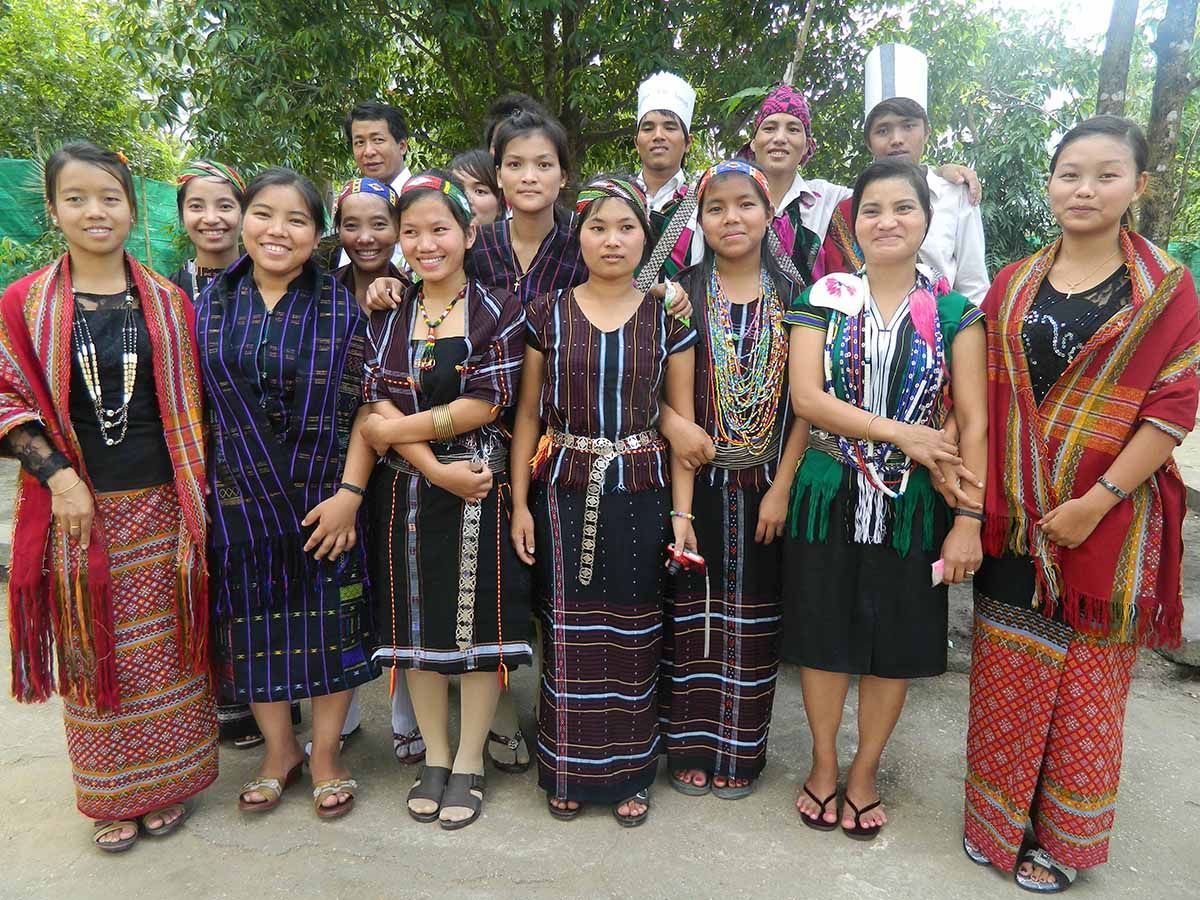© This article is an extract from Paul Hattaway's epic 656-page China’s Book of Martyrs, which profiles more than 1,000 Christian martyrs in China since AD 845, accompanied by over 500 photos. You can order this or many other China books and e-books here.
1900 - The Jizhou Massacre
June 1900
Jizhou, Hebei
Two preachers from Jizhou just prior to the Boxer massacre.
Jizhou today is a busy farming town of around 400,000 people, located in the southern part of Hebei Province. Death and hardship had long been associated with the advance of the gospel in this strategic town. Missionary James Williamson was killed on the Grand Canal while travelling from Tianjin to Jinzhou in 1869, while J. S. Barradale was stricken with fever and passed away in the town. In his notebook found after his death, Barradale wrote that it was his prayer and desire for his little son to become a missionary when he grew up. God answered his servant’s desire, when approximately 20 years the London Missionary Society sent later V. A. Barradale to Samoa in the South Pacific.
By 1900 the gospel had experienced such great success in Jizhou that more than fifty chapels had been constructed in the area. By the end of the summer none of them remained standing.
Throughout Jizhou the Christians were hunted down like animals and put to the slaughter. In many places extremely barbarous methods were used to kill the prey. Missionary W. Hopkyn Rees wrote,
“Some were cut to pieces, others had their eyes gouged out, and some few were beheaded. In most cases the Boxers were called in by the neighbours, and in one case by a father to kill his own son…. The Boxer uprising was an opportunity that many had waited for to pay off old scores, as, alas! many of the converts had enemies, even in their own household, who had often annoyed and even threatened them….
The blows were terrible and relentless, so that many of our most earnest converts went under, and were driven into eternity without notice, without opportunity of escape, and without choice.”[1]
Most of the numerous martyrs at Jinzhou passed into eternity without any earthly record of their sufferings and deaths. A brief mention should be made of some of the others, such as Mrs. Zhang, who had followed Christ for 15 years. Her sons had bitterly persecuted her for her faith, yet through her prayers and patient endurance they both became disciples of the Lord Jesus in later years. The Boxers caught Zhang one afternoon, and dragged her into a temple. They gave her a chance to live by denouncing Christianity, to which she replied, “I have served Him for fifteen years and I am not going to turn my back upon Him now. I fear none of you, nor do I fear death, as I shall go home to Him who died for me.”[2] A few moments later she was in the place her heart had long yearned for.
Zhou was a colporteur employed by the mission in Jizhou. The Boxers arrived at his house, tied him up along with his aged mother, and dragged the duo to a temple where five other Christians were already awaiting execution. The Boxer leader promised to free them if they would burn incense and worship the idols, to which Zhou replied, “For seven years I have served Christ, and He has never failed me, and He will not forsake me now. I cannot and will not worship any save Jesus.”[3] Zhou then began to sing a hymn in a display of fearless defiance. The Boxers responded by hacking his 80-year-old mother to pieces right in front of him. Zhou was killed as he prayed for the murderers.
Li was a deacon of the Jizhou Church. When the Boxers started their slaughter, he tried to break through their lines to warn the Christians of the peril. The Boxers captured him, tied him to a tree, and then cruelly mutilated him. His man who killed them died a year later in great agony of spirit and remorse for his evil actions.
Sang was a former Daoist priest who heard the gospel and was so convinced of its veracity that he offered his temple to the mission to be used as a church. This led to great anger from the community, and the mission was finally forced to give the facility back to the community with the understanding it would be used as a school. Sang was one of the first targets of the Boxers. He was “gagged and taken to the place where he had ministered as priest for forty years, and which had been built by himself. They laughed him to scorn, reviled him, insulted him, but he never flinched. His head was cut off by a blow of the sword, and put on a pole in front of the temple.”[4]
In summarizing the carnage inflicted on the Christian community at Jizhou in 1900, Hopkyn Rees wrote:
“Out of a membership of nearly eight hundred persons only a few dozen escaped the looting or destruction of house and home or payment of heavy ransoms. The tale of murder is still more sad to relate…. Our total deaths are as follows: church members, 49; enquirers and adherents, 72; children, 26; or 147 in all.”[5]
1. Bryson, Cross and Crown, 154-155.
2. Bryson, Cross and Crown, 155.
3. Bryson, Cross and Crown, 155-156.
4. Bryson, Cross and Crown, 157-158.
5. Bryson, Cross and Crown, 153-154.





